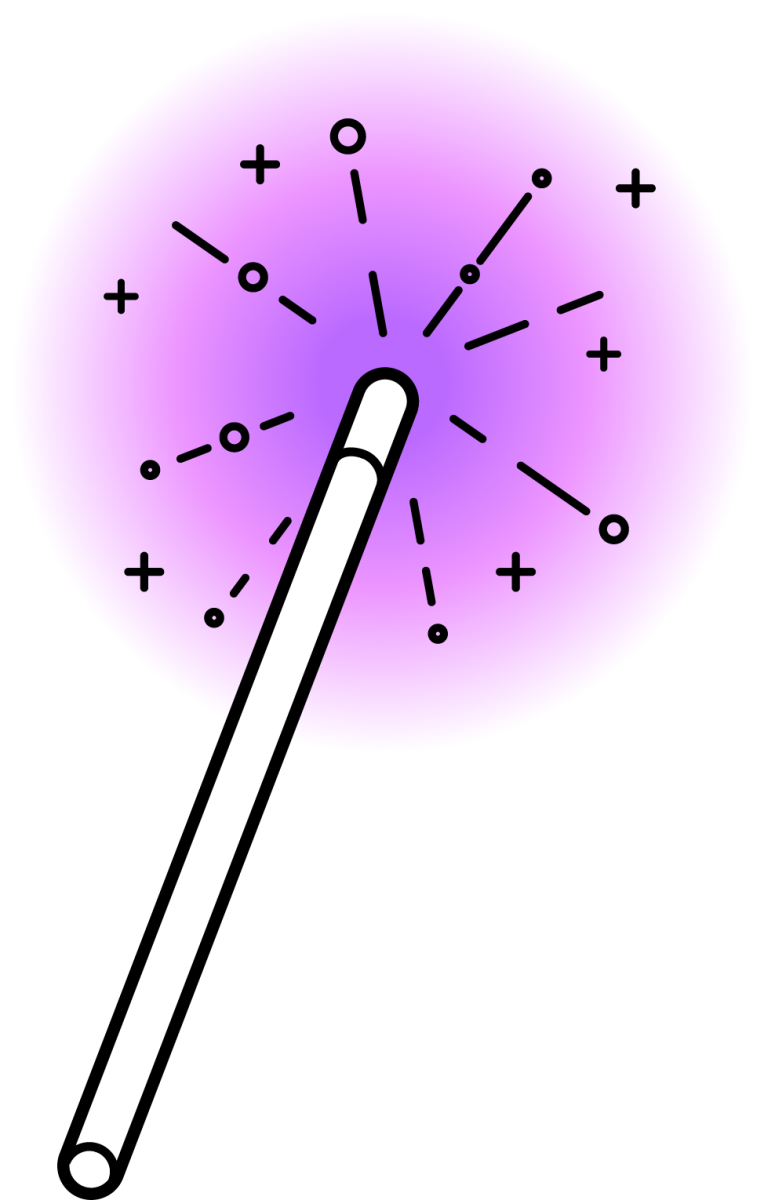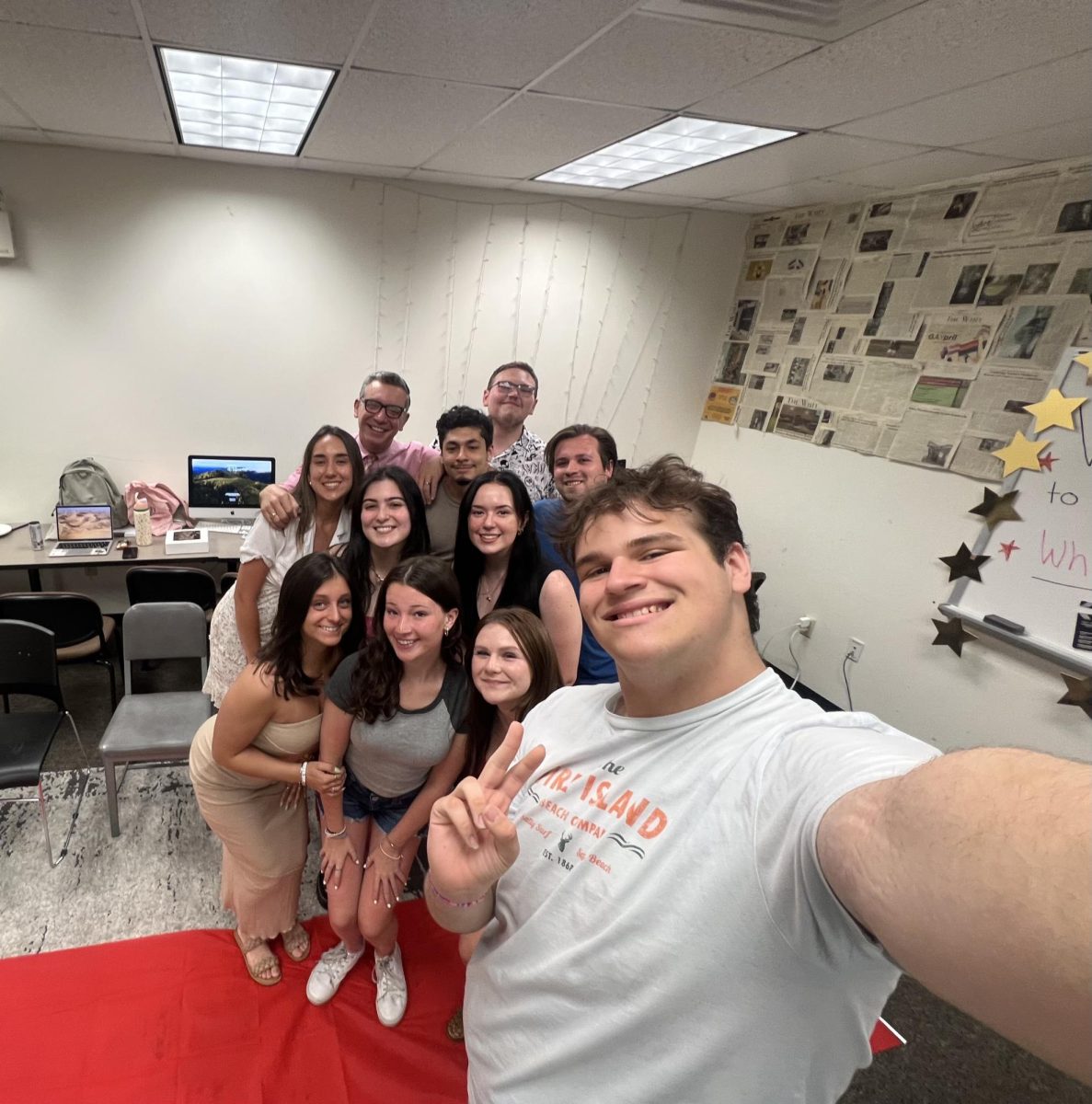Most of us had magic kits when we were kids. Either we stopped by an overpriced magic shop on the boardwalk that got us hooked, or our relatives simply did not know what to buy us for our birthdays. Regardless, most children had them. They came with those bad, plastic magic wands, a cups-and-balls set, the card with the pencil through it, etc.
Now, here’s the question: Where is your magic kit now? Did you throw it away? Donate it? Give it to a younger relative? And if so, why?
Magic is not for kids alone. If you don’t believe me, ask wealthy, attractive, famous people like David Copperfield or Shin Lim. You’re never too old for magic, and at this point in our lives as college students, I feel that more of us should be practicing our magic words.
I’m a terrible magician. I can perform a card trick correctly 100 times in a row, then screw it up in front of an audience. It’s embarrassing, and it’s not fun, but it made me realize that I prefer to simply watch magic and observe– and it turns out that watching and doing are both very practical to critical thinking.
As a magic lover, I have observed this personally. Can I ever figure out how a trick works? No. Do I try to? Absolutely, which is enough to keep my mind active.
I feel that I and my fellow Rowan students – and even professors – would benefit from performing and watching the fake supernatural. Logic, emotion and creativity are important to all walks of life, and all these elements are found in magic. It’s also a very communal activity, and it can get pretty tight without getting cliquey.
I know that college already requires a lot of thinking and working, and magic is not easy, but taking it up as a hobby or watching an occasional performance could make good practice for the “critical thinking” aspect of school.
A good magic trick makes you wonder what in the five hells just happened. It makes you run through possibilities in your brain. “It has to be a string. It’s a string, right? Wait, there’s no way that that’s just a string.” We’ve all been there, and whether or not we’re correct, we’re thinking logically. We’re looking at something supposedly impossible – or maybe just something that we could never do ourselves – and trying to make sense of it.
Magic is also an art form, and an incredibly creative one at that. Obviously, not all our majors are based on creativity, but it’s still a necessary thought element. Plus, it’s fun! While logic is certainly present in magic, sometimes it makes our brains rattle with ideas when we simply look at a trick without analysis. Some tricks are beautiful. Some are creepy. Some are (fictionally, of course) violent. Magic makes us feel. It can give us a shared sense of humanity in confusion and awe.
A magic club here at Rowan would be a great asset to logical and emotional individuals alike. Learning the basics, practicing, and maybe just attending a few meetings for study could greatly improve our thinking skills. And, if not, magic is just fun. Others might be willing to suspend their disbelief for a little while and just enjoy the show. Either way, getting in touch with our inner magicians can never hurt, so I can only hope that my idea is in the cards.
For comments/questions about this story, email [email protected] or tweet @TheWhitOnline.

























































































































































!["Working with [Dr. Lynch] is always a learning experience for me. She is a treasure,” said Thomas. - Staff Writer / Kacie Scibilia](https://thewhitonline.com/wp-content/uploads/2025/04/choir-1-1200x694.jpg)










































